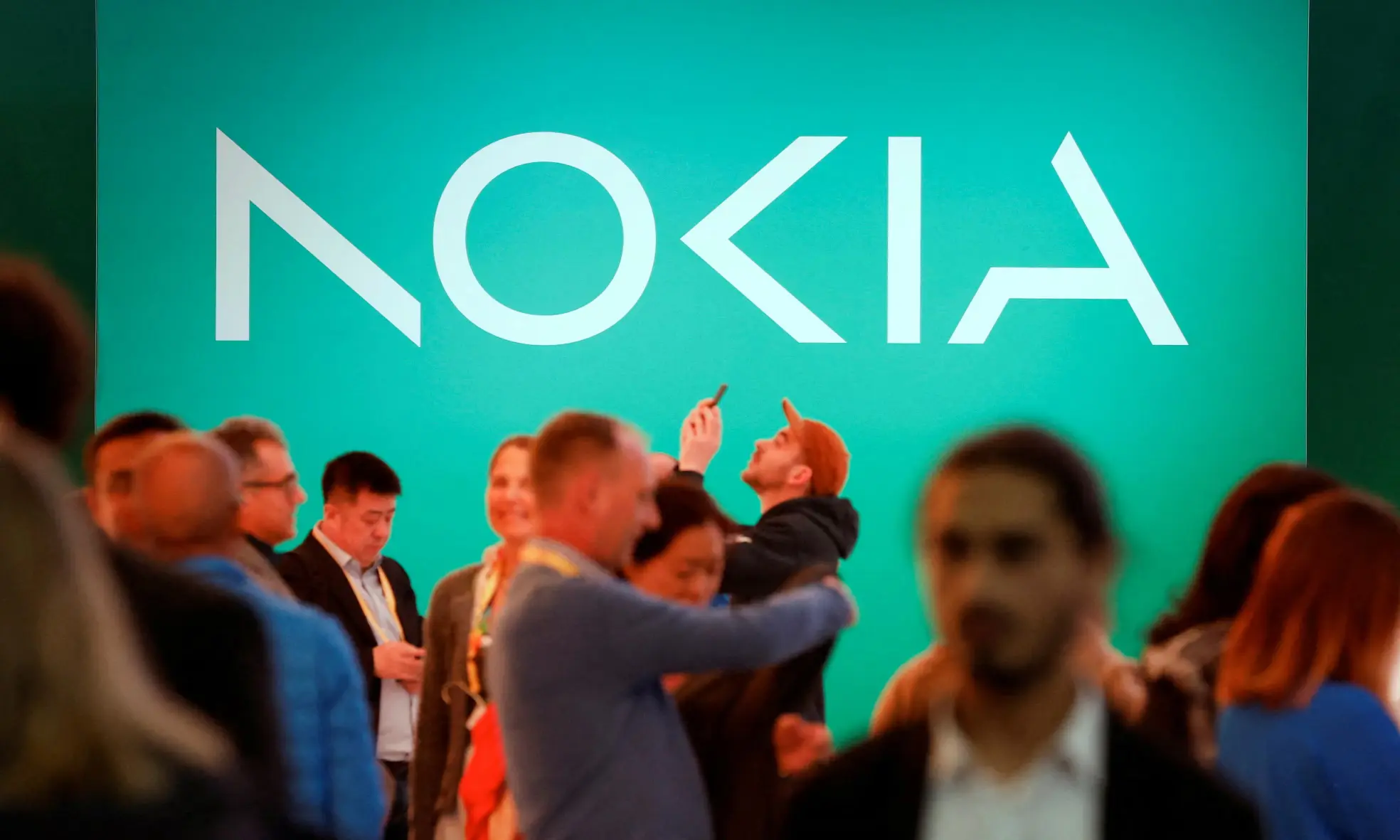October 3, 2025
VodafoneThree has awarded Ericsson and Nokia a $2.7 billion contract to build the UK’s largest 5G network, a move set to reshape telecom competition.

In a landmark agreement that underscores the growing competition in Britain’s telecommunications sector, VodafoneThree has awarded Ericsson and Nokia a $2.7 billion contract to provide equipment and services for what is expected to become the UK’s largest 5G network.
The deal, announced on Monday, represents a major shift in the UK’s telecom landscape following the merger of Vodafone UK and Three UK earlier this year. The merger created the country’s biggest mobile operator, with over 27 million subscribers, surpassing rivals EE and O2.
According to company statements, the contract will see Ericsson supply radio equipment for more than 60% of the new network’s coverage, while Nokia will provide infrastructure for the remaining share. Together, the two European giants will be responsible for rolling out tens of thousands of 5G sites across the UK over the next several years.
VodafoneThree said the partnership is designed to deliver faster download speeds, lower latency, and broader nationwide coverage, with a particular focus on rural areas that have historically suffered from poor connectivity.
The announcement comes as the UK continues to push for digital infrastructure upgrades amid increasing demand for data services and growing concerns over national security. In 2020, the UK government ordered the removal of Huawei equipment from 5G networks by 2027, forcing operators to turn to alternative suppliers.
By awarding the contract to Ericsson and Nokia, VodafoneThree has aligned itself with the UK’s broader policy of reducing reliance on Chinese technology and strengthening European suppliers in the telecom sector.
Industry analysts noted that the deal reinforces Ericsson and Nokia’s positions as leading global 5G players at a time when geopolitical tensions and supply chain pressures are reshaping the industry.
The $2.7 billion investment is expected to generate thousands of jobs across the UK, from network engineering to local infrastructure projects. VodafoneThree highlighted that the rollout would not only improve service for consumers but also enhance the digital backbone needed to support innovations such as autonomous vehicles, smart cities, and AI-driven applications.
The government welcomed the announcement, with Digital Infrastructure Minister Michelle Donelan calling it a “vote of confidence in Britain’s telecom future.”
The deal also intensifies competition among the UK’s major telecom operators. EE (owned by BT) and O2 (owned by Telefónica) have already made significant investments in 5G expansion, but VodafoneThree’s combined scale and financial muscle could set a new standard for network performance and pricing.
Analysts believe this could spark a price war in mobile data plans while accelerating the adoption of 5G-enabled devices and services nationwide.
For Ericsson and Nokia, the agreement adds to a string of high-profile contracts worldwide, reinforcing their rivalry with other major players such as Samsung. It also highlights the growing trend of governments and carriers prioritising trusted, Western-aligned suppliers in the rollout of critical telecom infrastructure.
The $2.7 billion VodafoneThree contract with Ericsson and Nokia represents a turning point for the UK’s telecom sector, combining industrial policy with consumer demand for faster and more secure networks. As rollout begins, the partnership promises to deliver one of Europe’s most advanced 5G infrastructures, while also reshaping the competitive dynamics of the UK mobile market.
For consumers, the implications are clear: better connectivity, faster speeds, and more choice. For the industry, the deal signals a new era of scale and collaboration in the race to dominate the 5G landscape.